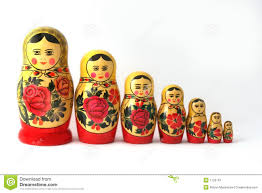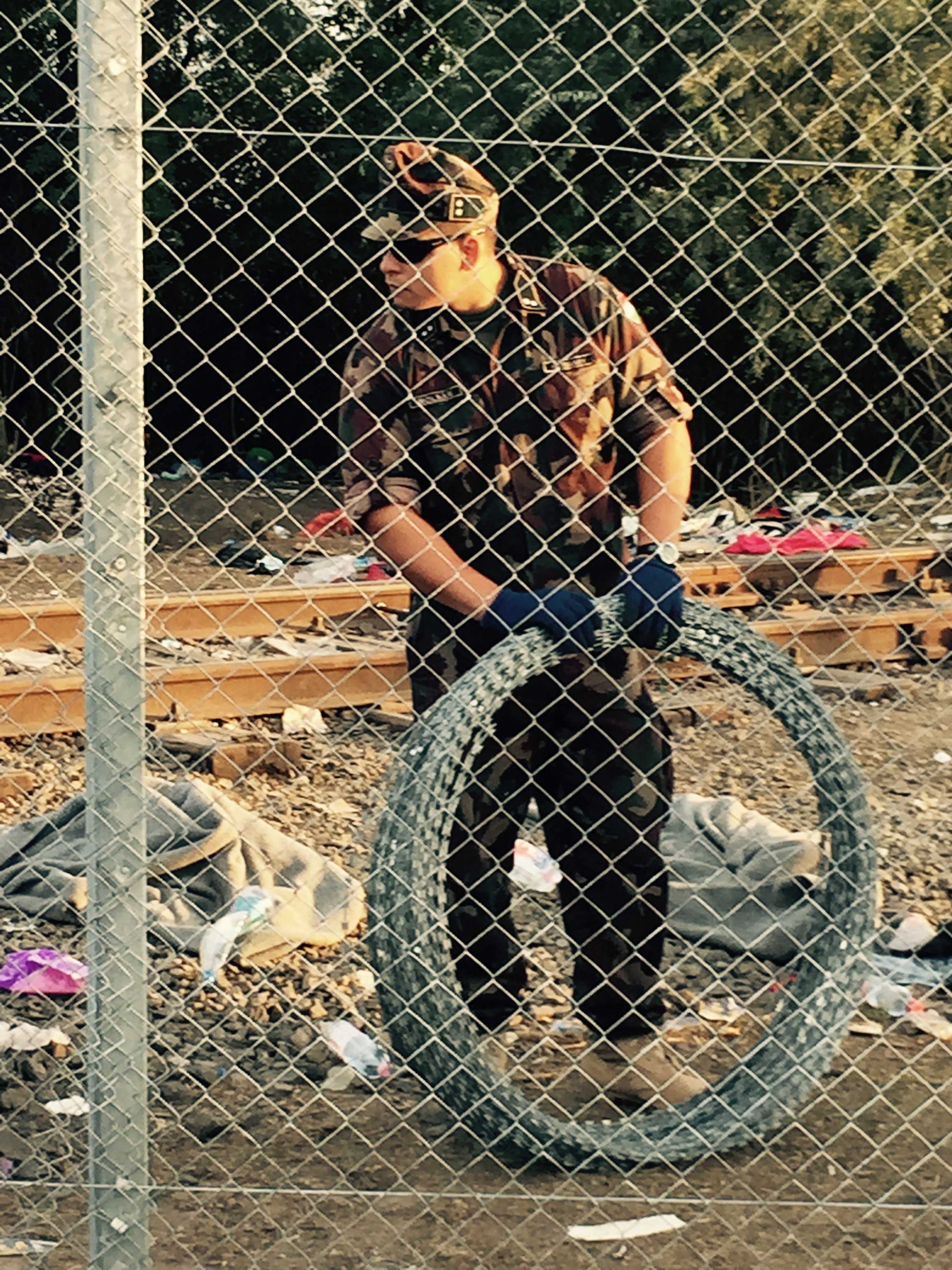You Brexit, You Owns It
Above all, it seems to me, the British vote to leave the European Union, and the tidal waves of analysis and soul searching that have followed, point to conflicting definitions of community. For one thing, it seems clear that for millions of Europeans the European Community is not a community so much a sprawling, faceless, corrupt bureaucracy intent on destroying the autonomy of the nations that compose it.
So said the British who voted to leave, and so say the leaders of movements in France and elsewhere who seem bent on following suit. But nationalism has its own set of limitations, as Europe has witnessed from Belgium to the Balkans – and as Britain is now learning. With majorities in Scotland and Northern Ireland voting to remain in Europe, Brexit is highlighting internal fissures that threaten to break the country into still smaller units. Those pressures exist across Europe, where ethnic and cultural groups living uneasily under a national flag, could subdivide like a matryoshka doll.
The question, though, is not so much the size, as the kind of communities that will emerge.
Will they look inward and build fences to insulate themselves from the world? Or will they, secure in their own traditions and history, move out to engage with their neighbors?
This is the dilemma of communities everywhere. Do we try to eliminate differences and promote uniformity? Or do we welcome the variety and contributions of others? Are we a melting pot or a patchwork quilt?
Once Europe’s open borders seemed a step away from the wars that devastated it for centuries. Is closing them a reaffirmation of Europe’s diversity or an ominous step back into the past?
